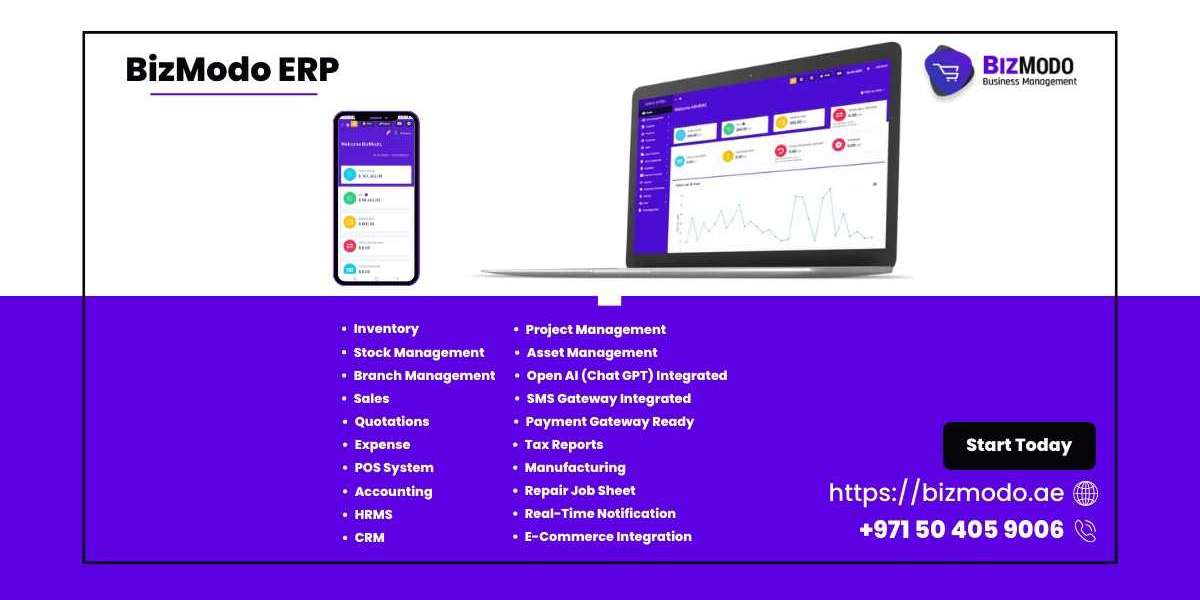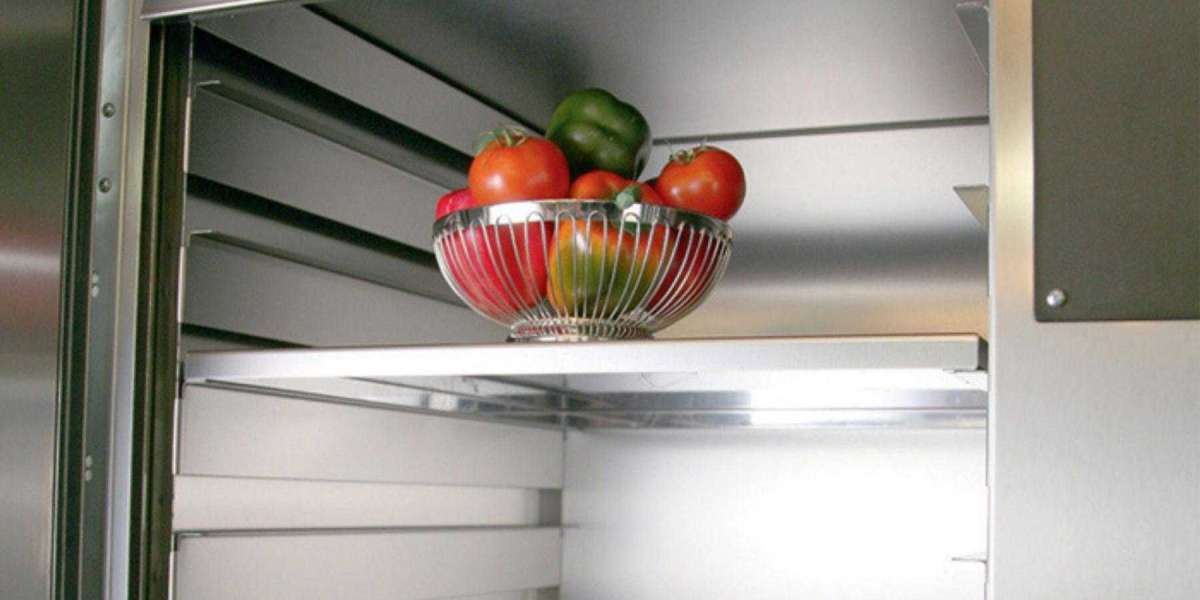Introduction
In the rapidly evolving landscape of the digital age, businesses are constantly seeking ways to optimize their operations and improve customer experiences. One such technology that has gained significant momentum in recent years is the Point of Sale (POS) machine. In this comprehensive article, we delve into the world of POS machines, exploring their functionalities, benefits, and how they can empower businesses to streamline payment processing and elevate their overall efficiency.
What is a POS Machine?
A POS machine is a sophisticated electronic device that facilitates secure and swift transactions between merchants and customers. It acts as a central hub where customers make payments for goods or services using various payment methods, such as credit cards, debit cards, mobile wallets, and even contactless payment options like NFC (Near Field Communication) and QR codes.
The Evolution of POS Machines
POS machines have come a long way since their inception. Initially, they were basic, stand-alone terminals with limited capabilities. However, advancements in technology have transformed them into robust, cloud-connected systems with a wide array of features. Modern POS machines are designed to cater to the diverse needs of businesses, from small retailers to large enterprises.
Key Features and Functionalities
Payment Processing Versatility:
Today's POS machines support multiple payment options, accommodating the preferences of various customers and keeping pace with the dynamic payment landscape.
Inventory Management
Integrating with inventory systems, POS machines help businesses efficiently track stock levels, trigger reorder points, and prevent stockouts.
Sales Analytics:
Through real-time data tracking, POS machines provide valuable insights into sales patterns, popular products, and peak hours, empowering data-driven decision-making.
Customer Relationship Management (CRM):
Some advanced POS systems offer built-in CRM capabilities, enabling businesses to manage customer information, preferences, and purchase histories for personalized experiences.
Employee Management:
POS machines can also handle employee scheduling, time tracking, and performance monitoring, streamlining human resource tasks.
Benefits of POS Machines for Businesses
Enhanced Payment Security:
POS machines adhere to stringent security standards, ensuring the encryption of sensitive payment data, thereby reducing the risk of fraud and data breaches.
Faster Checkout Processes:
With quick payment processing, businesses can significantly reduce checkout times, enhancing customer satisfaction and loyalty.
Accurate Accounting:
POS machines automate transaction records, simplifying accounting procedures and minimizing human errors.
Streamlined Operations:
By integrating various business processes, POS machines create a cohesive ecosystem that streamlines operations and improves overall efficiency.
Better Customer Experience:
Through smoother transactions and personalized interactions, businesses can foster positive customer experiences, leading to increased customer retention and positive word-of-mouth.
Choosing the Right POS Machine for Your Business
When considering a POS machine for your business, there are several factors to take into account:
Business Size and Type:
Different businesses have unique requirements. Evaluate your specific needs and choose a POS system that aligns with your business model.
Scalability:
Ensure the chosen POS machine can grow with your business to accommodate future expansion.
Integration:
Compatibility with existing systems, such as accounting software and inventory management tools, is crucial for seamless operations.
User-Friendly Interface:
Opt for a POS machine that is intuitive and easy for your staff to operate, reducing training time and errors.
Security Features:
Prioritize security features like encryption, tokenization, and PCI DSS compliance to protect both your business and customer data.
Conclusion
The POS machine has emerged as a game-changer in the world of payment processing and business efficiency. Its versatility, functionalities, and the myriad of benefits it offers have revolutionized the way businesses operate and interact with customers. By selecting the right POS machine and harnessing its capabilities to their fullest, businesses can unlock new levels of success, profitability, and customer satisfaction. Embracing this transformative technology is not just an option; it's an imperative for businesses looking to thrive in the competitive digital landscape.
In conclusion, we hope this article has provided you with valuable insights into the world of POS machines and their impact on businesses. As you embark on your journey to choose the ideal POS system for your business, keep in mind the key factors discussed and the potential for growth and success that this cutting-edge technology can bring.







